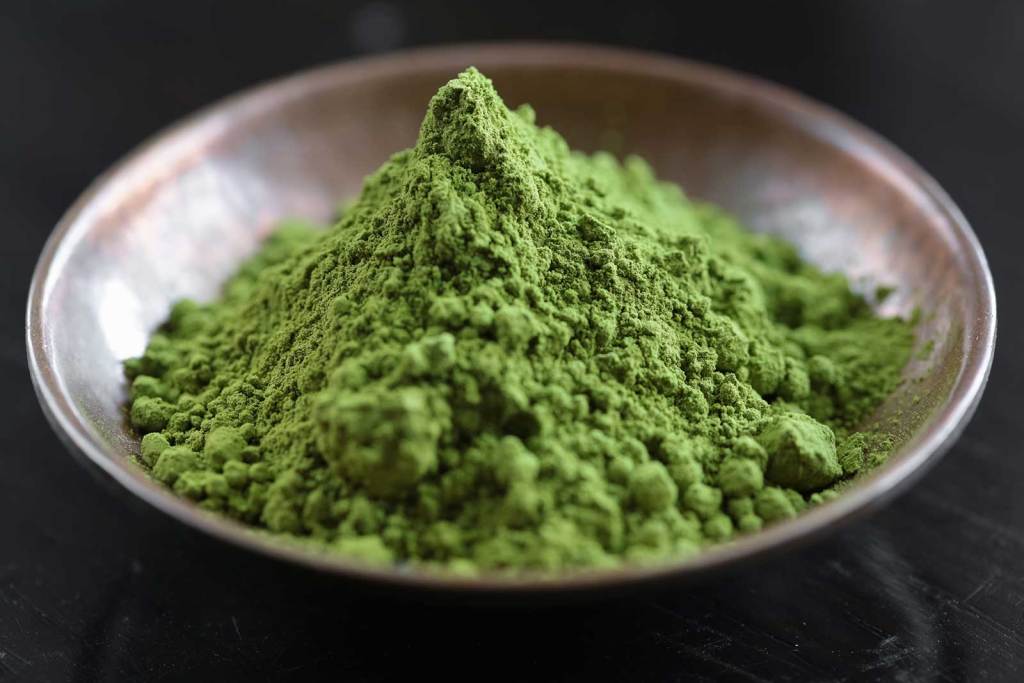Kratom Products and Their Impact on Mental Health – What You Should Know
Kratom, a tropical tree native to Southeast Asia, has gained popularity in recent years for its psychoactive properties. The leaves of the kratom tree contain compounds that can have both stimulant and sedative effects, depending on the dosage. While kratom is often marketed as a natural remedy for various ailments, including pain relief and anxiety, its impact on mental health is a subject of ongoing debate.
The Benefits of Kratom
Proponents of kratom argue that it can be a valuable tool in managing mental health conditions. For instance, some users report that kratom helps alleviate symptoms of anxiety and depression. The active compounds in kratom, known as alkaloids, interact with the brain’s opioid receptors, which may contribute to its mood-enhancing effects. In lower doses, kratom can act as a stimulant, providing increased energy and focus, buy green borneo kratom which some people find helpful for combating fatigue and boosting motivation. Additionally, kratom has been used as an alternative treatment for opioid withdrawal symptoms. Its ability to bind to opioid receptors without causing the same degree of respiratory depression as traditional opioids makes it an attractive option for individuals seeking to taper off stronger substances. This aspect of kratom has led some to view it as a potential harm-reduction tool in the fight against the opioid epidemic.

The Risks of Kratom Use
Despite these potential benefits, kratom is not without its risks, particularly when it comes to mental health. One of the primary concerns is the potential for dependence and addiction. While kratom is often promoted as a safer alternative to opioids, it can still lead to physical dependence, especially with regular, long-term use. Withdrawal symptoms from kratom can include irritability, anxiety, depression, and cravings, all of which can negatively impact an individual’s mental health. Moreover, the psychoactive effects of kratom can vary widely depending on the dose and the individual. In higher doses, kratom can act as a sedative, leading to feelings of euphoria and relaxation. However, this can also result in negative side effects, such as drowsiness, confusion, and, in some cases, hallucinations. For individuals with pre-existing mental health conditions, these effects can exacerbate symptoms or lead to new issues, such as increased anxiety or psychosis. There are also concerns about the lack of regulation and quality control in the kratom market. Products sold as kratom can vary significantly in potency and purity, which can lead to unpredictable effects. In some cases, kratom products have been found to be contaminated with other substances, further increasing the risk of adverse reactions.